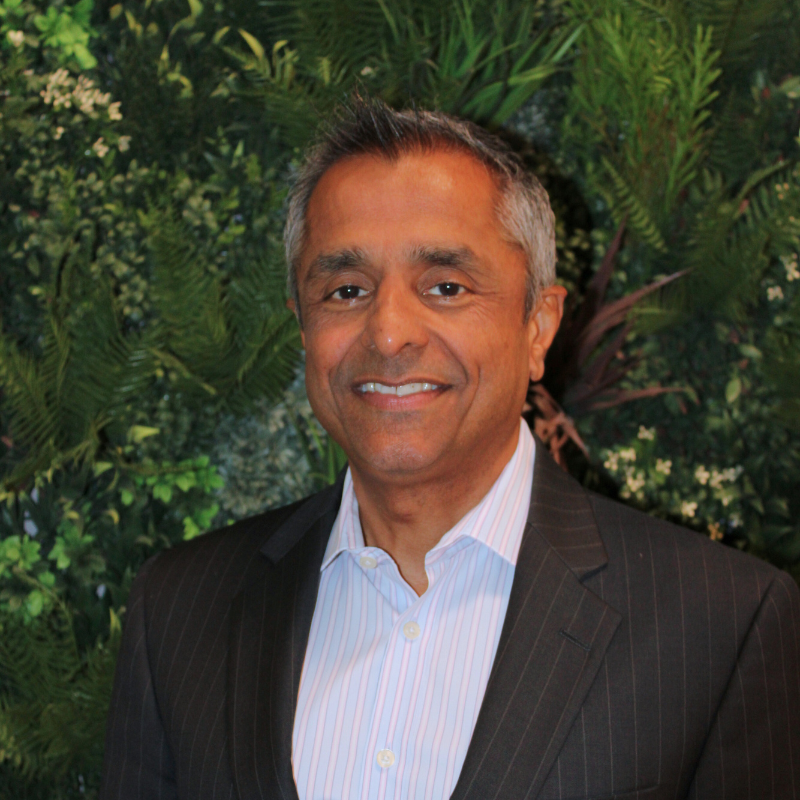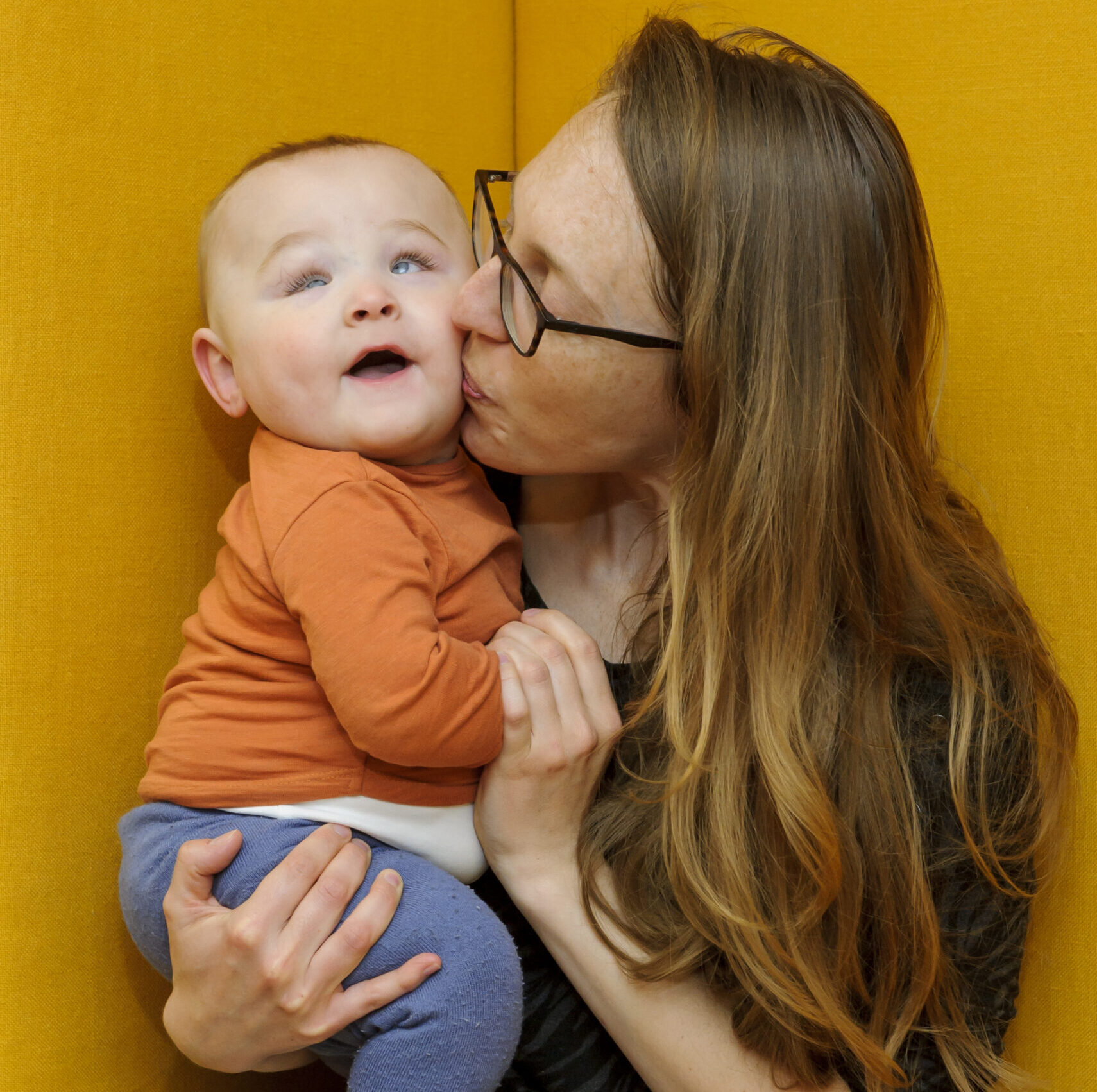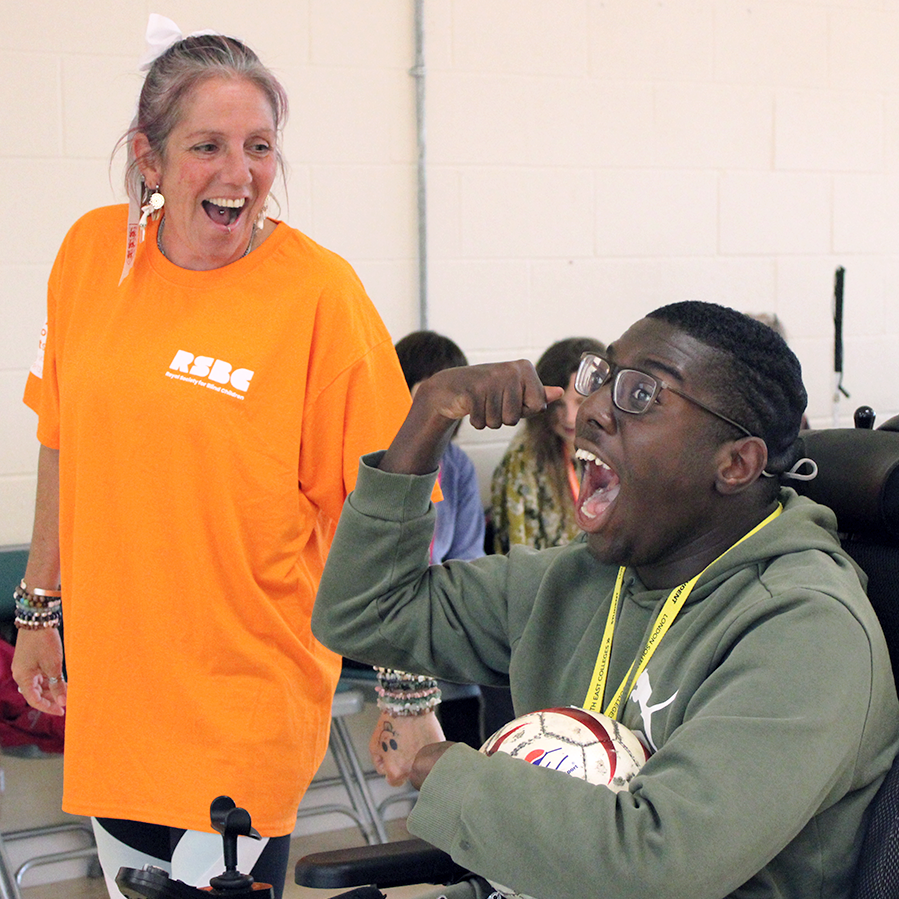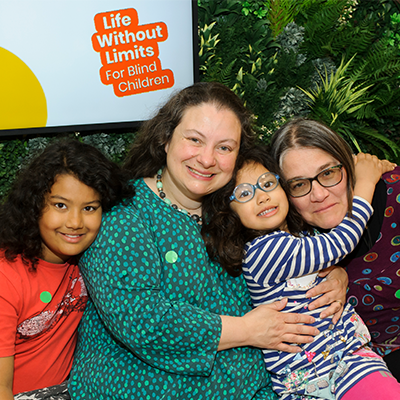Narayan’s story

Narayan’s journey to becoming a trustee
RSBC’s trustees have shared responsibility for governing our charity, and Narayan’s been a trustee since September 2024. We caught up with him to find out why he’d decided to take this step, and just what being a trustee involves.
Q. What inspired you to become a charity trustee, and why did you choose RSBC?
A. When I was a schoolboy, my mother used to read to blind students, and because of this I learned that support is vital for people with vision impairments. It’s something that stayed in the back of my mind.
In my last role, I worked with someone who became a friend as well as a colleague. They were an RSBC trustee already, and I could see that I could help to empower vision impaired children to reach their full potential by becoming one too.
Q. What are the main responsibilities you have as a trustee?
A. I’m a member of the Services and Safeguarding Committee and I oversee more general aspects of RSBC too. Recently, I attended my first Council meeting, as well as my first Services and Safeguarding Committee meeting, and had the privilege of visiting not just the Life Without Limits Centre in London but also Dorton College in Orpington. It really is humbling and wonderful to see the impact RSBC is having on children and young people.
Q. How does your professional background or personal experience contribute to your trustee role?
A. It perhaps brings a bit of rigour and discipline. There is so much talent within RSBC already, but having private sector expertise in the third sector is no bad thing. I can bring my own life experiences to bear – I’ve been helping people to solve problems and find solutions throughout my professional life, and as a trustee I’d like to help fix things that will help the charity to help more children and young people.
Q. How do trustees ensure that RSBC is run in accordance with its mission and values?
A. I don’t think that the RSBC team needs any oversight day-to-day, as everyone’s doing a great job. The CEO has made a very positive impact since joining, and the Senior Leadership Team are exceptionally talented. Our role is to support them through providing guidance.
Q. What are some of the key challenges trustees can face?
A. I’m still finding my feet, as it’s only been a month since I joined RSBC’s Board of Trustees. However, that element of trust is already there, and I have every confidence that this charity operates at the highest levels of integrity.
Trustees are guardians of the charity’s good name – its ‘brand’. So, when something goes wrong, as it’s bound to do in every organisation at some point, the challenge is to ensure that the goodwill it enjoys lives on beyond their own tenure. I want to leave RSBC in a better place than it was when I became a trustee.
Q. What’s the role of trustees in setting the charity’s long-term strategy and goals?
A. It’s vital that the Board of Trustees is the conscience of the organisation. We inform the organisation about its mission and objectives, and guide them to get it right.
We also keep an eye on what’s happening in the outside world, such as in politics, to understand how it can impact RSBC. For example, there’s a debate around whether school and college really prepare young people for the reality of life, even if they’re not disabled – there’s an added layer of complexity if they are. What do we do to keep current and relevant?
At the centre of everything is a young person, and the proof of the pudding will be if the life of each individual is improved because of our involvement.
Q. How do you measure the success and impact of RSBC’s work?
A. We discuss this a lot at our Council meetings. In the private sector, it’s quite easy, because you gauge success on monetary results. So, while there may be talk of culture, values and teamwork, they don’t mean as much as financial results at the end of the day.
It’s different in the charity sector, and for RSBC in particular. Results depend on whether we’ve improved the lives of blind and partially sighted children on their journey. How has RSBC impacted positively on them, and on their families? Are they productive, happy members of society?
Measuring success is different in each case, because one size doesn’t fit all, so we need to deliver what each child or young person needs for their next stage of life, and deliver it consistently to the highest standards.
Q. What’s the most challenging aspect of being a trustee – and what do you enjoy most?
A. It’s still early days for me! But RSBC is a charity with such a long history and strong heritage that I feel the challenge is to ensure that it will be in an even better position in the next hundred or two hundred years than it is now.
As for what I enjoy, it’s the people – everyone I’ve met is super talented and so committed, and they’re rowing in the same direction with a common purpose.
Q. How do you balance the demands of your trustee role with your professional and personal life?
A. Being a trustee enriches my personal life and enhances my sense of purpose. In my professional life, after years in private practice, I started a new role in the quasi-public sector, and this ties in with the shift I’ve made. Everything’s a ‘journey’ these days, isn’t it, but I will prioritise my trustee role and I hope my involvement will increase with time.
Q. What would you say are the key skills necessary for someone to be an effective trustee?
A. First of all, bringing perspective. Understanding how organisations are run and held accountable is important.
I’d also say it’s important to be able to get along with people who are bringing different approaches to the trustee role. If you’re to reach a common consensus, that people element will be pivotal. In a charity, where success isn’t just built on money, teamwork and collaboration are critical.
Every RSBC trustee I’ve met wants what’s best for RSBC, because that’s what’s best for the children, young people and families that we support. Fundamentally, we believe in driving that forward and we’re building on an excellent platform. The charity has been in existence for a very long time, and everything about its history is good – so of course, we want that to continue.
Q. What advice would you give to someone considering becoming a charity trustee?
A. I’d one hundred per cent say: “Do it now, and don’t hesitate!” If you feel strongly about it, don’t let anything hold you back. But if your heart’s not completely in it, then don’t go ahead.
The sector needs all the drive and ability it can get its hands on. Being a trustee will enrich your life and those of the people you want to help, and is such a positive experience.
Want to find out more about our current trustees? Meet our other trustees here.



